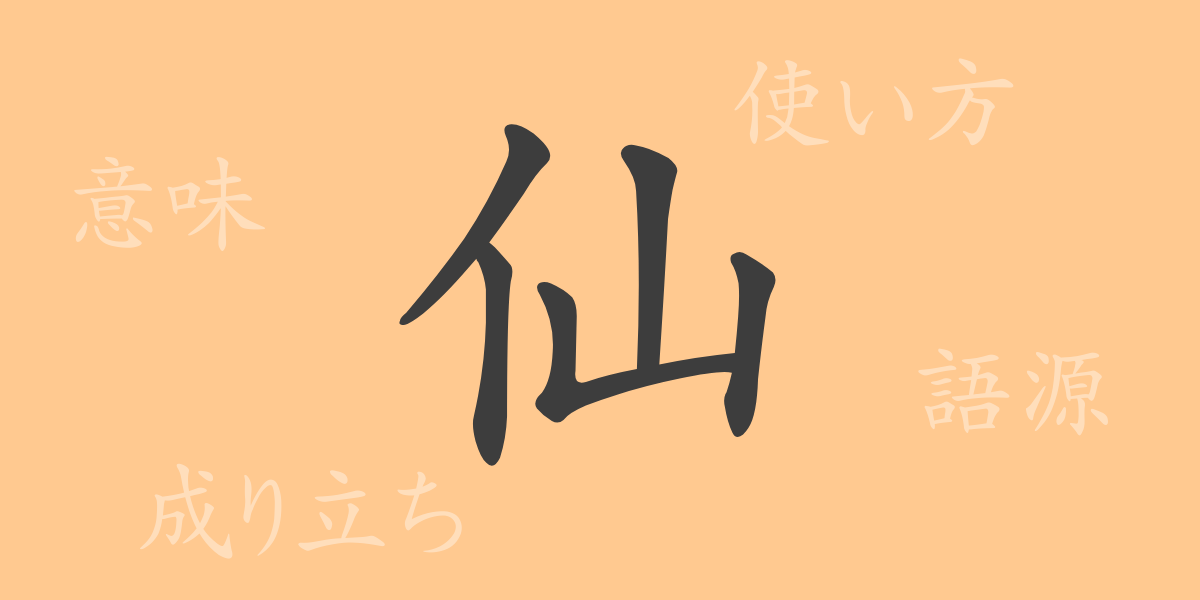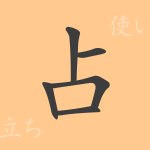The mystique of the kanji “仙” (セン), transcending mere script to embody a rich tapestry of history and culture, has been cherished in Japan as a commonly used character. This article invites you on a journey into the world of “仙,” unraveling its origins, meanings, applications, and even idioms and proverbs that celebrate its enigmatic allure.
Origins of 仙 (セン)
The kanji “仙” is deeply influenced by the teachings of Taoism from ancient China. It represents hermits who dwell in mountains, possessing elixirs of immortality and supernatural powers, embodying the Taoist pursuit of becoming one with nature and achieving ultimate wisdom. Its prototype can be traced back to ancient scripts and oracle bones, evolving over centuries to its present form.
Meaning and Usage of 仙
“仙” primarily conveys concepts related to immortality and transcendent beings. It symbolizes the transcendence of human limitations towards a divine existence, frequently appearing in Taoist and Buddhist texts. In contemporary times, “仙” is found in fantasy narratives, legendary tales, and even in the branding of health and beauty products, showcasing its broad applicability.
Readings, Stroke Count, and Radical of 仙
“仙” is cherished in Japan for its unique shape and profound meanings.
- Readings: On’yomi is “セン”; there is no common Kun’yomi.
- Stroke Count: 10 strokes.
- Radical: 人 (ひと・にんべん – human radical).
Idioms, Phrases, and Proverbs Using 仙
Idioms and proverbs containing “仙” reflect its mystical and idealistic representations in language. For instance, “仙界” (せんかい) refers to a utopia where immortals live, “仙人掌” (せんにんしょう – cactus) is named for its longevity, akin to that of immortals. The phrase “独酌佳仙液” describes the act of savoring fine wine alone, indicative of a refined taste.
Conclusion on 仙
The kanji “仙” reflects people’s ideals, dreams, and a mystical worldview through its etymology, meanings, and uses. This single character, often overlooked in daily life, encapsulates profound historical and cultural significance. Through exploring “仙,” we hope you have gained a deeper understanding and appreciation of this beautiful kanji and its boundless possibilities.

























